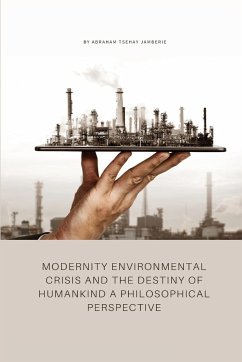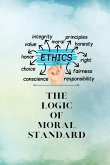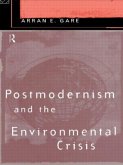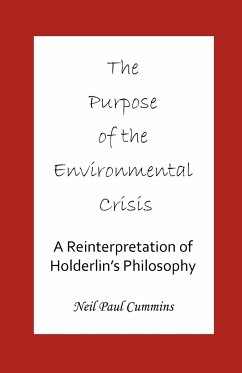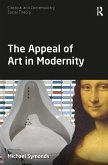This chapter introduces the research work which focuses on the environmental crisis which is mainly initiated by modernity and how this environmental crisis affects the sustainability of humankind living on the planet Earth. To introduce the issue under study, it is worth beginning with the concept and characteristics of modernity since it is helpful to see how modernity directly or indirectly has led to different features of the environmental crisis that threatens the very existence of humankind. How modernity can be defined? Actually, modernity has been defined and characterized by different researchers in various ways. It can, in reality, be depicted and deciphered from alternate points of view and at various levels. It cannot, hence, be subsumed under one elucidation. As the fundamental features and incorporation of the developmental procedures of modern society, modernity shows itself in all parts of social life. It is a general idea which involves the economy, politics, culture, society and numerous different elements (Feng & Xing, 2006). As a result, its definitions are diverse and different. Although the concept of modernity is very broad, in this thesis, an attempt is made to discuss and analyze the concept of modernity as it has been acquired from the classical idea of Karl Marx, Max Weber and Emile Durkheim and as it is construed by the contemporary theorists of modernity, for example, Anthony Giddens and Ulrich Beck.

